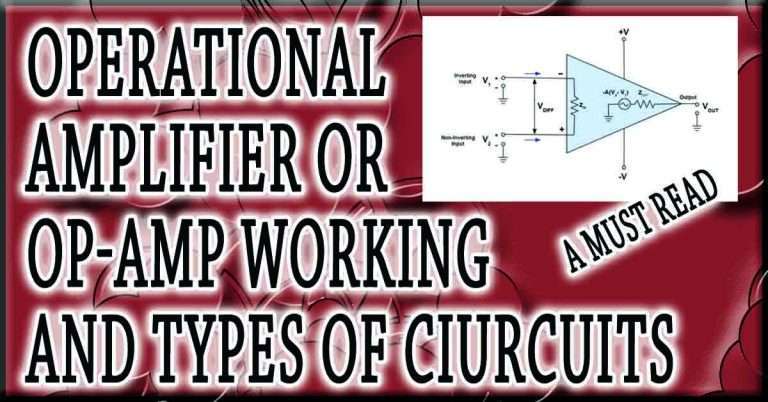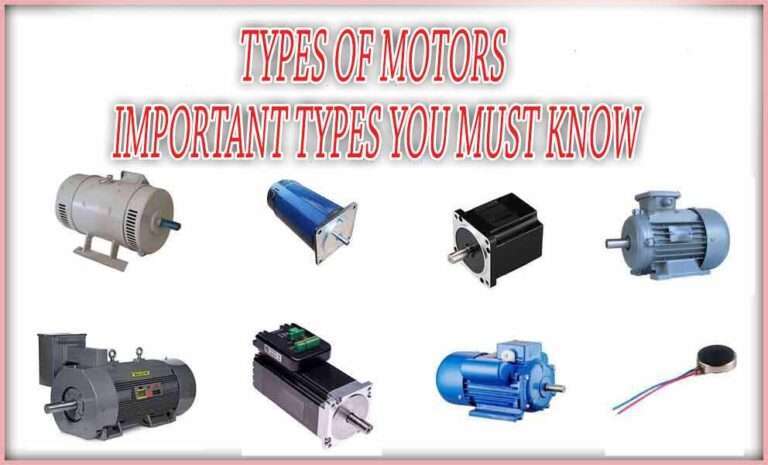How Many kW Generator to Run a House
Choosing the right generator is crucial for reliable backup power. Many homeowners often ask: how many kW generator to run a house? The answer depends on several factors including your home’s size, energy usage, and the number of essential appliances. Let’s break this down in simple terms, so you know exactly what you need.

Understanding How Many kW Generator to Run a House
Before selecting a generator, it’s important to understand how many kW generator to run a house based on your actual power needs. Kilowatts (kW) measure the real power your generator can produce. Most residential generators range from 5kW to 30kW depending on the energy requirements.
To figure this out, begin by calculating the total wattage of appliances and systems you want to run. Then convert this to kilowatts.
Let’s use a quick formula: Total kW = Total Watts ÷ 1000
For example, if your essential appliances total 12,000 watts:
12,000 ÷ 1000 = 12 kW generator required.
Factors That Influence How Many kW Generator to Run a House
Every home is different. A small house with few appliances may need only 5 to 7 kW. A medium-sized house with central AC, fridge, lights, and water pump may need 10 to 15 kW. A large house with heavy appliances may need 20 kW or more.
Key factors include:
- Size of the house
- Number of family members
- Type and number of appliances
- Use of central air conditioning or heating
- Need to power water heaters or sump pumps
Know more about Types of Alternator Protection
Appliance Load Estimates in kW
Below is a table to help estimate the power demand of common household appliances.
| Appliance | Average Running Wattage | Starting Wattage | kW Equivalent |
|---|---|---|---|
| Refrigerator | 700 W | 2200 W | 0.7 kW |
| Window AC (10,000 BTU) | 1200 W | 3600 W | 1.2 kW |
| Central AC (3 Ton) | 3500 W | 10500 W | 3.5 kW |
| Electric Water Heater | 4000 W | 4000 W | 4.0 kW |
| Washing Machine | 1200 W | 2300 W | 1.2 kW |
| Sump Pump | 1000 W | 2100 W | 1.0 kW |
| Lights and Fans (whole home) | 800 W | 800 W | 0.8 kW |
| Microwave Oven | 1000 W | 1000 W | 1.0 kW |
If you add these up, a house could easily need 10 to 15 kW for comfortable backup during outages.
How to Determine the Right Generator Size
The most reliable method is to use a Generator Sizing Calculator. These tools help you identify your total load based on selected appliances. Alternatively, you can manually calculate it with an Electricity Load Calculator in kW for Home to determine a near-accurate estimate.
Let’s say your calculation gives 12.5 kW. Add a 20% buffer for surge loads:
12.5 kW + 20% = 15 kW generator recommendation.
Whole-House vs. Partial Backup
If you want to power the whole house, including air conditioning, heaters, and kitchen equipment, you’ll need a larger generator – probably 20 to 30 kW.
If you only want essentials like the fridge, lights, fans, and a few electronics, a 7 to 10 kW generator may be sufficient.
This is why many people ask, What Size Generator for a House, and the answer always comes down to whether you want full or partial backup power.
Know more about Differential Protection of Alternator
Generator Type Matters
Generators come in different types:
- Portable Generators: Usually up to 10 kW, good for short-term, partial house backup.
- Standby Generators: Range from 10 kW to 30 kW or more, turn on automatically and can run the whole house.
- Inverter Generators: Efficient and quiet, good for low loads and sensitive electronics, but limited in size.
For full-house reliability, a standby generator in the 15-25 kW range is the most recommended.
Sample Generator Size for Different House Sizes
| Home Size | Essential Appliances | Suggested kW Generator |
|---|---|---|
| Small (1-2 bedroom) | Lights, fridge, TV | 5 – 7 kW |
| Medium (3-4 bedroom) | AC, fridge, pump | 10 – 15 kW |
| Large (5+ bedroom) | Full-house coverage | 20 – 30 kW |
Each home may have different needs. This is why a Generator Wattage Estimator can help you be more precise.
Technical Insights into Generator Ratings
Generator sizes are rated in both kilowatts (kW) and kilovolt-amperes (kVA). For home usage, stick with kW as it reflects real usable power. Here are some quick points:
- 1 kW = 1000 watts
- Power Factor (PF) for homes is typically 1.0
- Generators usually run at 80% load capacity for long-term use
That means if your house needs 12 kW continuously, a generator rated at 15 kW will give you reliable long-term use.
Know more about Generator Sizing Calculator for VFD Motors
Diesel vs. Gas Generators
Diesel generators are fuel-efficient and long-lasting but noisier. Gas generators are quieter, more available in residential settings, but can be costlier to run long-term.
Choose fuel type based on:
- Fuel availability
- Duration of power outages in your area
- Cost of fuel
- Noise limitations
Practical Example Calculation
Let’s assume a mid-sized home wants to run:
- One fridge (700W)
- Central AC (3500W)
- Water heater (4000W)
- Lighting and fans (800W)
- Microwave and electronics (1500W)
Total = 10,500 W = 10.5 kW
Add 20% buffer:
10.5 + 2.1 = 12.6 kW → So, a 15 kW generator is ideal.
This example shows why many homeowners want to know how many kW generator to run a house and use tools like a Generator Sizing Calculator to be sure.
Know more about Generator Sizing Calculator for Pumps
Power Consumption Awareness
It helps to know your monthly power consumption. Understanding How Much kWh Does a Home Use can guide long-term planning for backup and energy efficiency. Most homes use between 700 to 1500 kWh per month.
This also informs your decision on fuel storage, runtime, and generator refueling intervals.
Final Thoughts on Choosing the Right Generator
Always size your generator based on:
- Real power usage
- Surge load handling
- Future additions like EV chargers or solar tie-in
- Climate (especially heating and cooling demands)
Keep your load balanced and avoid running everything at once unless the generator is sized for full load.
Knowing exactly how many kW generator to run a house will prevent overloads, extend equipment life, and keep your family comfortable during blackouts. Using tools like a Generator Wattage Estimator or an Electricity Load Calculator in kW for Home makes this easy.
Know more about Backup Generator Sizing Calculator
Whether you’re buying your first generator or upgrading, proper sizing is key. A well-sized generator keeps your home safe, warm, and functional when the grid goes down.
Follow Us on Social:
Subscribe our Newsletter on Electrical Insights for latest updates from Electrical Engineering Hub
#HomeGenerator, #kWGenerator, #BackupPower, #GeneratorForHome, #PowerOutageSolutions, #HomeEnergy, #OffGridPower, #EmergencyGenerator, #GeneratorSizing, #ElectricityBackup, #WholeHouseGenerator, #GeneratorTips, #HousePowerNeeds, #HomePowerGuide, #PowerGenerator


